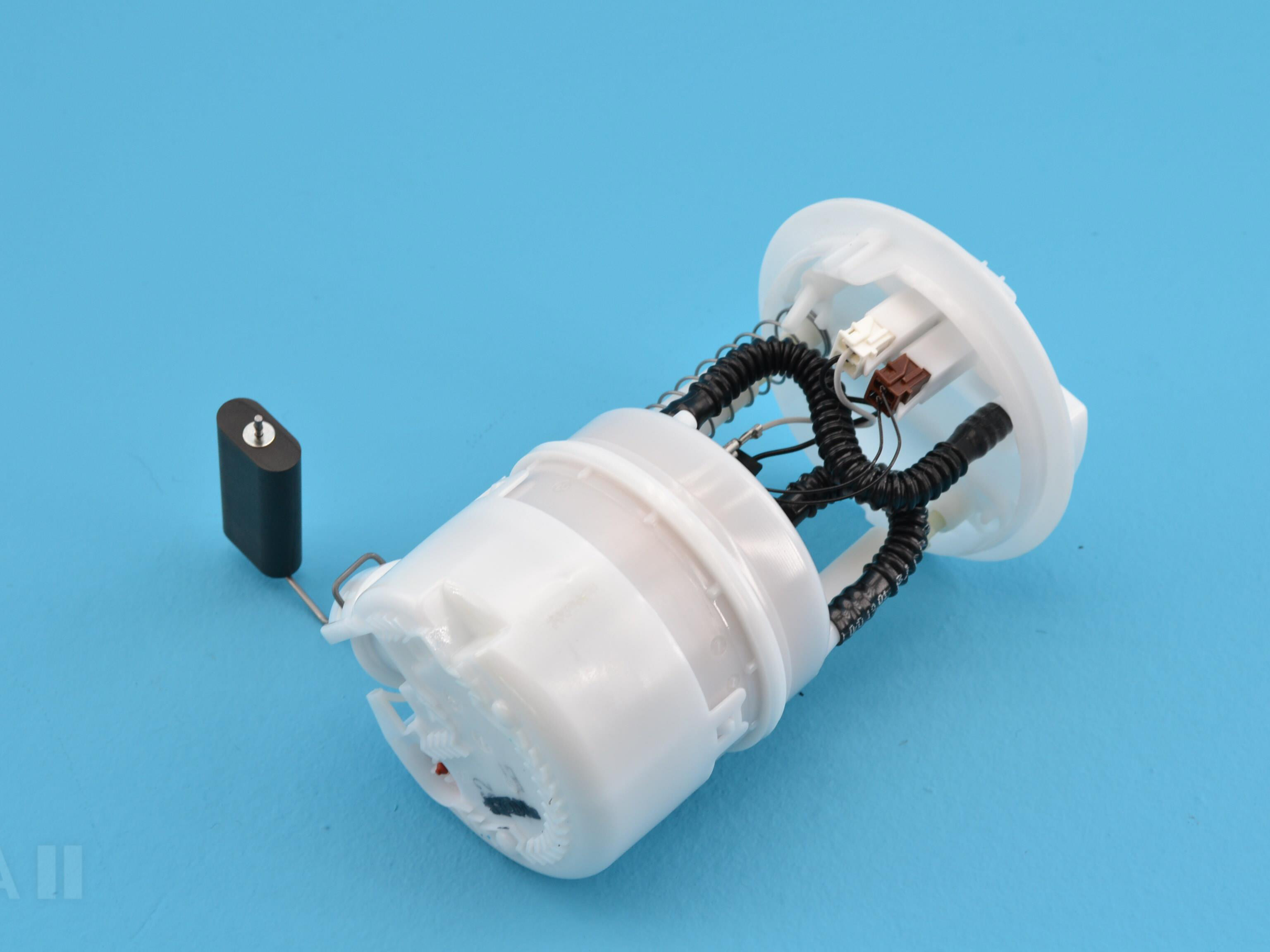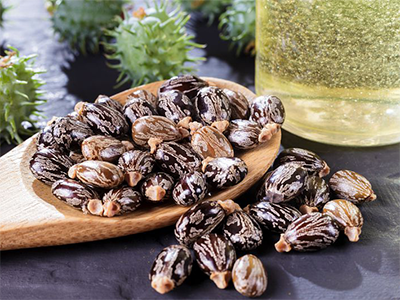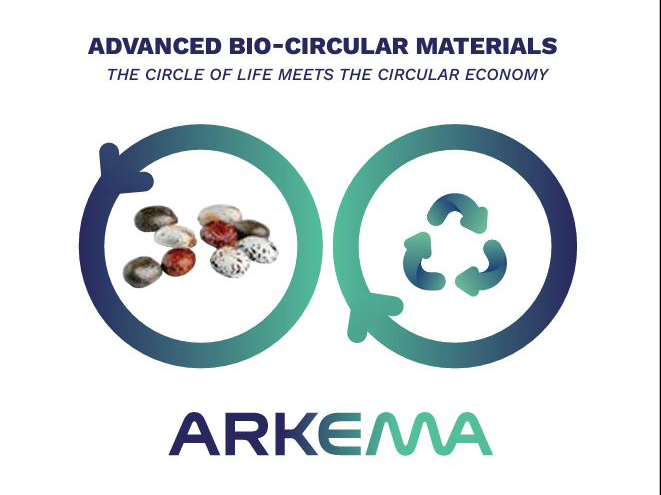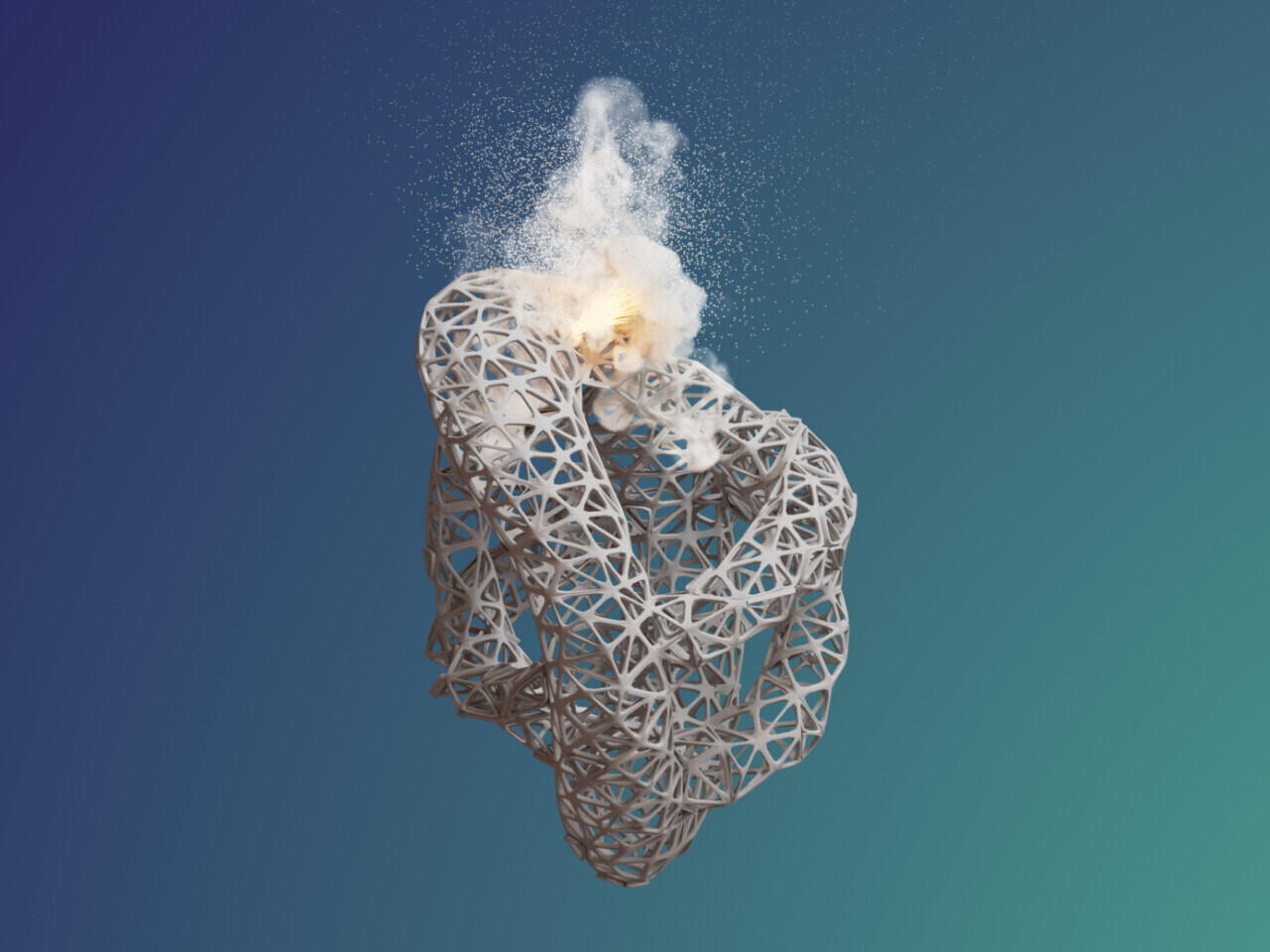Case Study: Producing Low Washout High Performance in-tank Monolayer Lines for Hybrid Cars and beyond with Rilsan® PA11

The rapid electrification of the automotive industry comes with many technical challenges. One of them is that, when Hybrid vehicles are operated on the Electric “zero emission” mode, the fuel remains within fuel lines without flowing for several days or weeks. This increases the extraction of leachable components from the plastic line. In addition to insoluble oligomers, soluble content may be extracted at a level that may become detrimental to the engine (fuel injector clogging). Carmakers are searching for competitive “low washout” monolayer solutions to be implemented on hybrid vehicles to solve this issue and to help accelerate the growth of environmentally virtuous vehicles.



